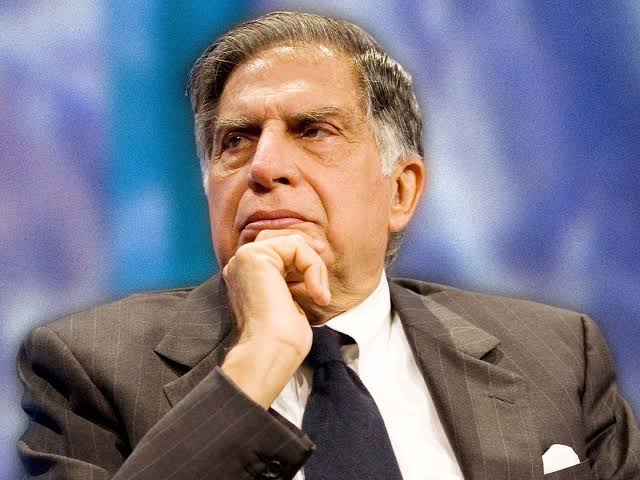Introduction
The End of an Era Ratan Tata, one of India’s most beloved industrialists and philanthropists, passed away at the age of 86 on October 9, 2024. His death has left a profound impact not only on the Indian business community but on the nation as a whole. Tata was a visionary leader whose contributions went far beyond the corporate boardroom, extending into philanthropy and social upliftment.
Early Life and Entry into the Tata Group
Ratan Tata was born in 1937 into the illustrious Tata family, which had established itself as a cornerstone of Indian industry. After completing his education in architecture at Cornell University, he returned to India in 1962 and joined the Tata Group, which was founded by his great-grandfather. Initially working in various positions within the company, Tata quickly rose through the ranks due to his sharp acumen and innovative thinking
Transforming the Tata Group In 1991, Ratan Tata took over as chairman of Tata Sons, a role he would hold for over two decades. During this period, he transformed the Tata Group from a respected Indian conglomerate into a global powerhouse. His leadership saw the acquisition of major international brands such as Tetley Tea, Corus Steel, and Jaguar Land Rover, marking Tata’s era of global expansion
Innovator and Nation Builder Ratan Tata’s leadership was marked by a commitment to innovation and nation-building. One of his most ambitious projects was the creation of the Tata Nano, the world’s most affordable car, aimed at making transportation accessible to the masses. His vision extended far beyond profit, with a deep focus on improving the quality of life for ordinary Indians.
hilanthropy and Legacy Beyond Business Tata’s legacy is not limited to his business achievements. Through the Tata Trusts, he became a significant force in Indian philanthropy, funding initiatives in education, healthcare, and rural development. His contributions were recognized with India’s second-highest civilian award, the Padma Vibhushan, and international honors, including being named Knight Grand Cross by the British Empire.
Nationwide Tributes and Mourning The announcement of Tata’s death sent shockwaves across India. Prime Minister Narendra Modi paid heartfelt tribute, describing Tata as an “extraordinary human being” who left an indelible mark on Indian society. Other leaders, including Rahul Gandhi and business magnates like Anand Mahindra, expressed their sorrow and hailed Tata’s contributions to both industry and philanthropy.
State Funeral and Final Rites In recognition of his immense contributions to the nation, Ratan Tata will be accorded a state funeral. His body will lie in state at the National Centre for Performing Arts (NCPA) in Mumbai, where the public can pay their last respects. The final rites will be conducted at the Worli crematorium, with Maharashtra declaring a day of mourning
History
The Tata Group, founded by Jamsetji Tata in 1868, began as a trading company in Mumbai. Over the years, it expanded into various sectors, including steel, power, and hospitality, becoming a conglomerate with a global presence. Key milestones include the establishment of Tata Steel in 1907, India’s first integrated steel plant, and Tata Motors’ introduction of the Tata Nano in 2008. The Tata family has been instrumental in shaping the group’s values of philanthropy and social responsibility, with the Tata Trusts playing a significant role in community development and education
A Lasting Legacy As India mourns the loss of Ratan Tata, his legacy continues to inspire millions. He transformed Tata Group into a global entity while maintaining the company’s core values of integrity, innovation, and social responsibility. Beyond business, his philanthropic initiatives will benefit generations to come. Tata will be remembered as a compassionate leader, visionary, and a symbol of India’s progress and humanitarian spirit.
